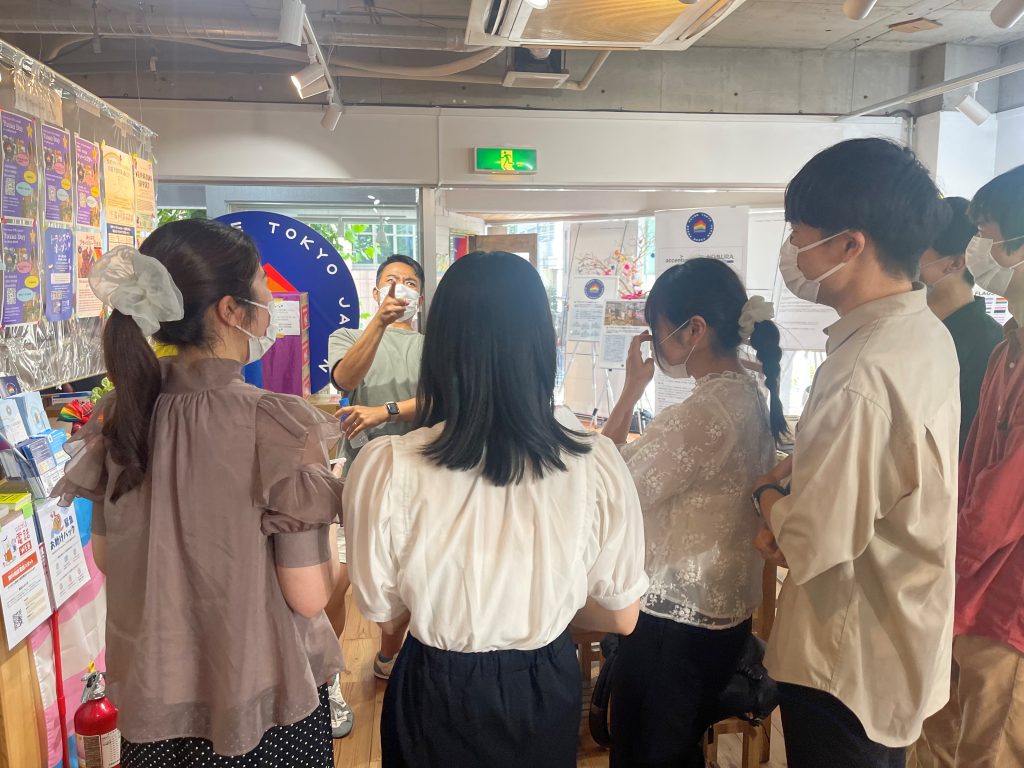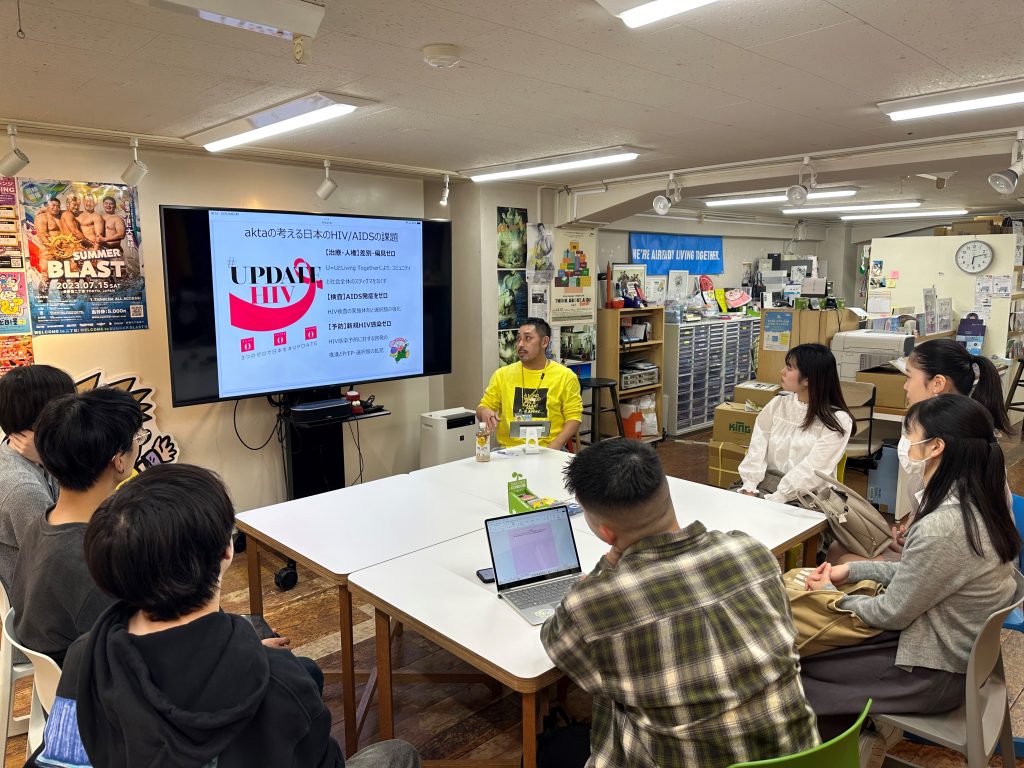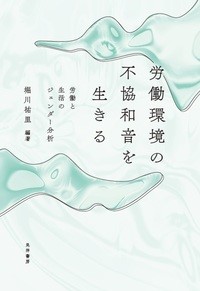Details of the Initiative
As a specialist in social research, I prioritize direct engagement with people’s lived experiences through interviews and fieldwork. These activities are not merely for collecting data—they are an invitation to reflect on what it means for “you” and “me” to share our lives in this place, at this moment. Through encounters and dialogue with others, we come to recognize both shared experiences and meaningful differences. Learning from someone’s personal journey or the history of a community nurtures intellectual creativity and helps us imagine alternative futures.
In the course Practical Social Research, students compile their findings in the Practical Social Research Essay Collection. One past essay focused on Shinjuku 2-chome—a neighborhood often stigmatized as “shady.” Yet, upon visiting, one quickly discovers its vibrant and diverse atmosphere. With around 400 bars, each offering its own unique character—whether lively, relaxed, or resonating with the sounds of multiple languages—Shinjuku 2-chome becomes a space where people can truly be themselves. The number 400 symbolizes the richness of diversity and the harmonious society.
This vision aligns closely with the Sustainable Development Goals (SDGs) and the 2030 Agenda’s pledge “no one left behind.” While this is an ideal, the complexities of real life demand both academic inquiry and practical engagement. At the School of Information and Communication, we take an interdisciplinary approach that blends diverse forms of knowledge with a strong focus on solving real-world problems. I hope students will cultivate the skills of social research and develop into intellectual craftspeople—individuals who can transcend social boundaries and contribute meaningfully to our societal envisioning.



